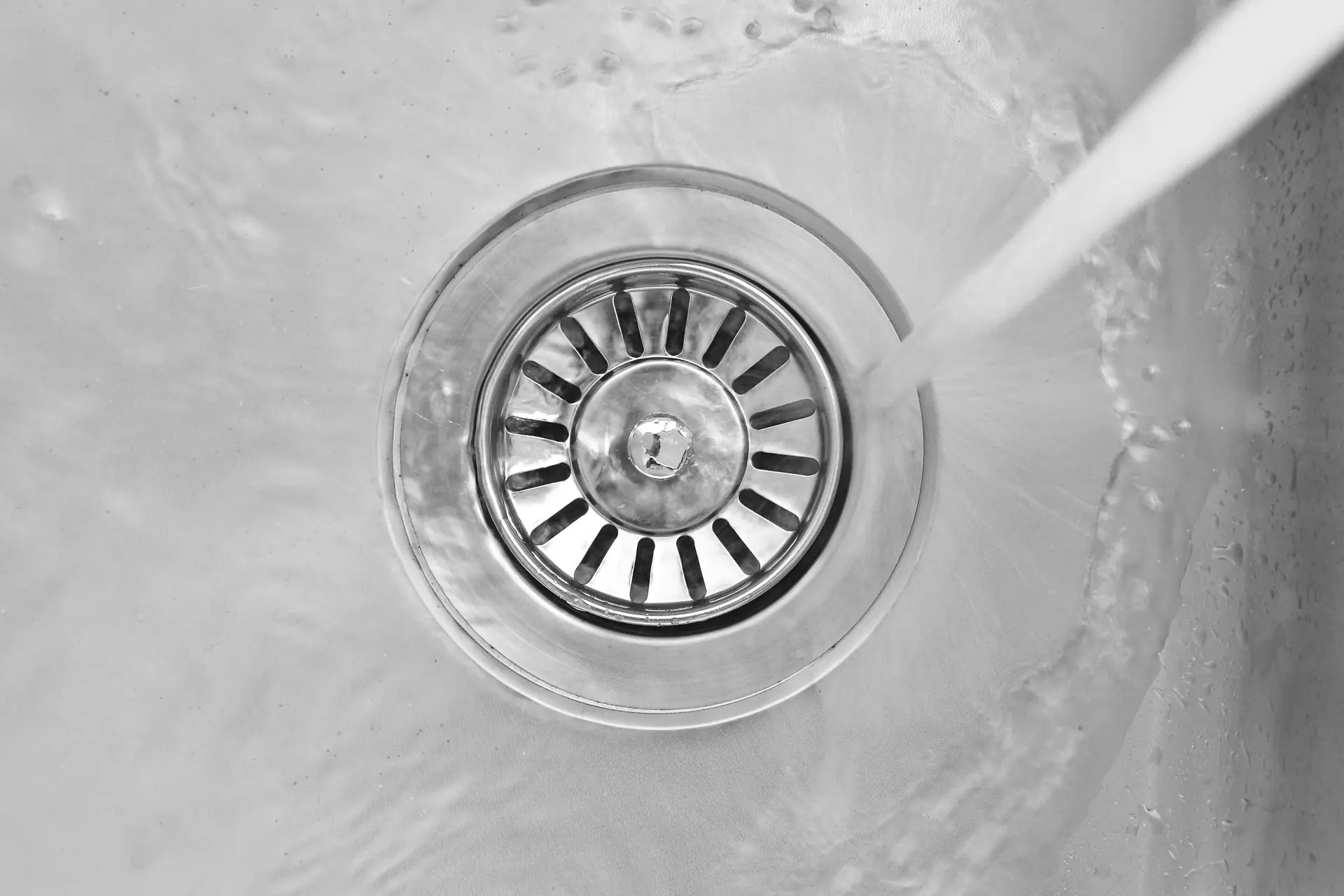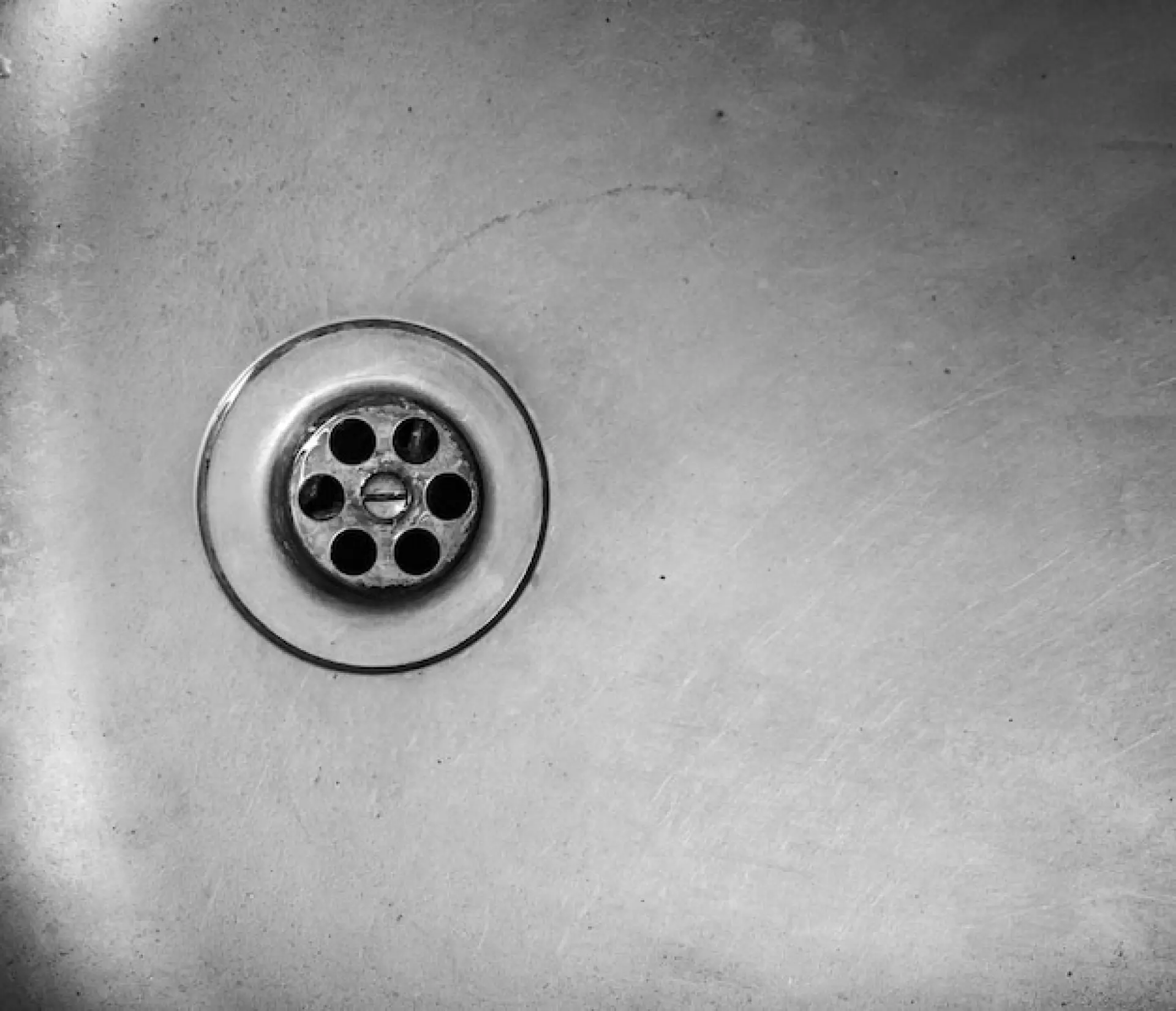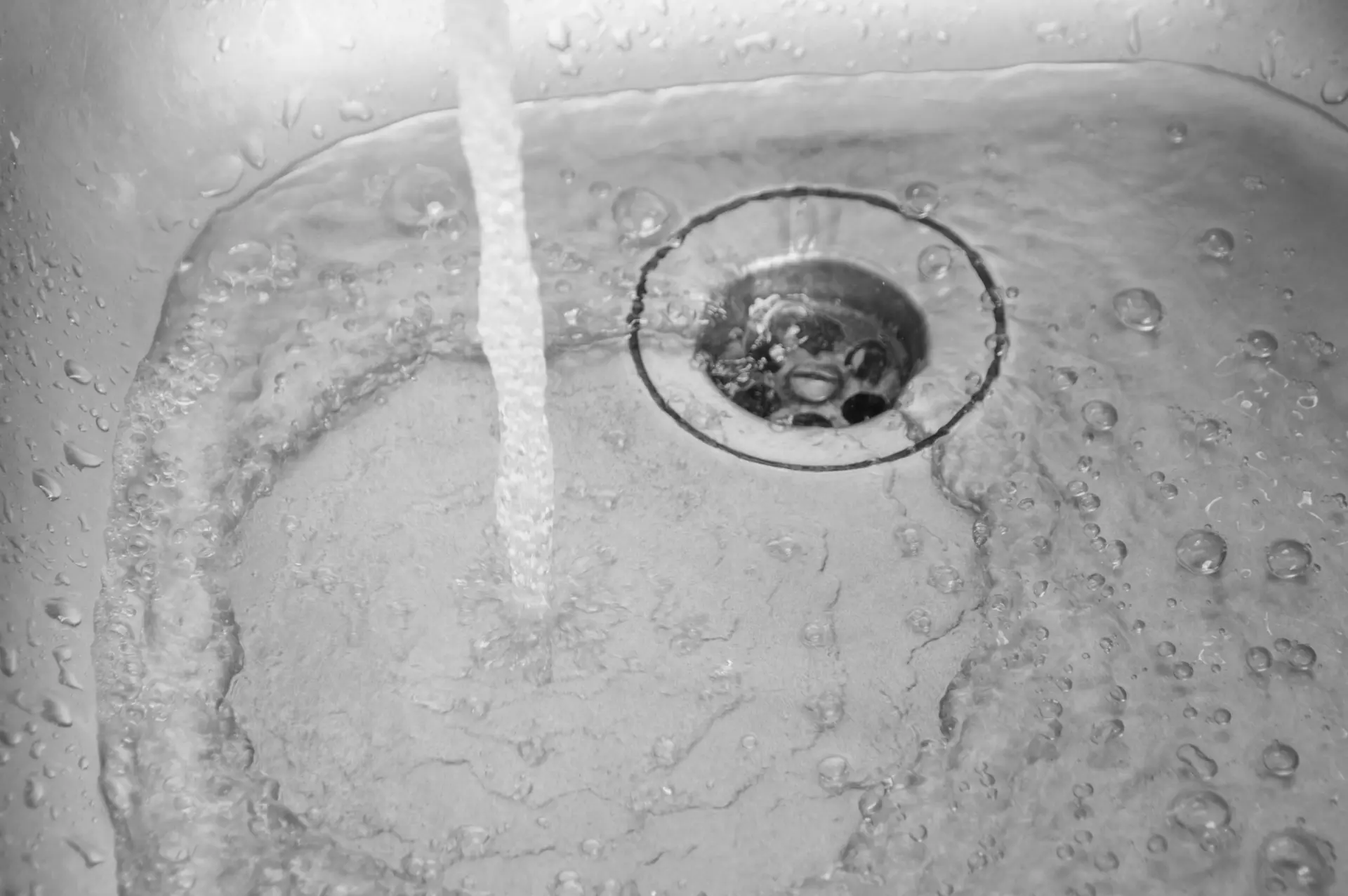We look at how often you should clean your drains? Understand drain neglect issues and routine cleaning, stressing an efficient drainage system for your UK home.
How Neglecting Drain Cleaning Can Lead to Costly Repairs
Many people don’t think about their drains until there is a problem. However, ignoring them for too long can cause serious and expensive issues. Over time, hair, grease, food scraps, soap, and other debris build up inside your pipes. If not cleaned regularly, this build-up can cause slow drainage or even complete blockages.
Blocked drains can lead to bad smells and overflowing sinks, but the problem doesn’t stop there. When pipes are clogged, water pressure inside them increases. This pressure can cause leaks or even burst pipes, leading to major water damage in your home. Fixing this type of damage can be very costly, especially if walls, floors, or ceilings are affected.
Another issue that can arise from dirty drains is mould growth. When water gets trapped due to a blockage, damp conditions develop. Mould thrives in these conditions, and it can be harmful to your health, causing allergies and breathing problems.
In some cases, a blocked drain can even damage your home’s foundation. If water starts seeping into the ground around your house, it can weaken the structure over time.

Factors That Affect How Often You Should Clean Your Drains
There is no one-size-fits-all answer to how often you should clean your drains. Several factors determine the best schedule for your home.
Number of People in Your Home
A larger household means more use of sinks, showers, and toilets. More people lead to more hair, soap, and food waste going down the drain. If you live alone, you might need to clean your drains less often compared to a family of five.
Households with children or pets may also experience more frequent drain issues, as toys, pet hair, and other unexpected items can sometimes find their way into pipes.
Type of Waste Going Down the Drain
The things you put down your drain affect how quickly it gets clogged. If you frequently wash grease, coffee grounds, or food scraps down the sink, your drains will get blocked much faster.
Some soaps and shampoos contain oils that contribute to build-up over time, especially in bathroom drains. Additionally, flushing items like wet wipes, cotton swabs, or feminine hygiene products down the toilet can create serious blockages that require professional help to remove.
Type of Pipes in Your Home
Older homes often have pipes made from materials that are more prone to clogging. For example, cast iron pipes can corrode over time, causing rough surfaces that trap debris. Clay pipes, which were common in older plumbing systems, are also more fragile and can develop cracks that let tree roots grow inside, leading to blockages.
Newer PVC pipes tend to be smoother, allowing waste to pass through more easily.
Use of Drain Protectors
Drain strainers or hair catchers can help stop debris from going down the pipes. This can reduce how often you need to clean your drains. However, if these protectors aren’t cleaned regularly, they can still cause blockages.
Over time, hair, soap scum, and food particles can build up on these protectors, restricting water flow.
General Guidelines for Drain Cleaning Frequency
Even though each home is different, general recommendations can help keep your drains in good condition. Here are some basic guidelines:
- Kitchen sinks – Clean every one to two months. This helps remove grease and food build-up that can cause clogs. If you cook frequently or use a lot of oil, you may need to clean it more often to prevent grease from sticking to the pipes.
- Bathroom sinks and showers: Clean every one to three months. Hair, soap, and toothpaste can create blockages over time. If multiple people use the same bathroom, consider cleaning more frequently to prevent slow drainage.
- Toilets: Check every three to six months for slow flushing or blockages. If you notice any slow drainage, you may need to clean them more often to avoid build-up from toilet paper and waste.
- Outdoor drains: Inspect and clean at least twice a year, especially in autumn, when leaves can cause blockages. Heavy rain can also wash debris into outdoor drains, so check them after storms to prevent clogs.
- Whole-house drain cleaning: For best results, schedule a professional cleaning once a year. This can prevent major issues and keep your plumbing in top shape. If your home has older pipes, you may need to schedule cleaning every six months to prevent corrosion-related build-ups.
- Garbage disposals: If you have a kitchen sink with a garbage disposal, clean it every two weeks. Small food particles and grease can build up quickly, leading to bad odours and potential blockages.
By following these guidelines, you can reduce the risk of clogs and keep your drains working efficiently. If you experience frequent issues, it may be worth reassessing how often you clean your drains and whether any preventative measures can help reduce blockages.

Signs That Your Drains Need Immediate Cleaning
Sometimes, drains need urgent attention. Here are warning signs that your drains may be blocked:
- Slow-draining water: If water takes longer than usual to go down, there might be a clog forming. Ignoring it can lead to a complete blockage over time.
- Gurgling noises: Strange sounds from your pipes or plugholes suggest a blockage is affecting the flow of water. This often happens when trapped air is trying to escape through the pipes.
- Unpleasant odours: A bad smell coming from your drain means food, grease, or waste is stuck and rotting inside the pipes. The smell can get worse if bacteria begin to grow in the blockage.
- Water backing up: If water rises back up in sinks, showers, or toilets, a blockage could be stopping it from draining properly. This could also indicate a deeper issue in your home’s plumbing system.
- Multiple blocked drains: If more than one drain in your home is blocked at the same time, there might be a bigger issue, like a problem in the main sewer line. This requires immediate attention to prevent costly damage.
- Overflowing or standing water: If water pools around your drain and doesn’t go away, there could be a serious clog preventing proper drainage.
If you notice any of these signs, it’s important to act quickly to prevent further damage. Regular maintenance can help avoid costly plumbing repairs.
Preventative Measures to Keep Drains Cleaner for Longer
Taking simple steps can help reduce the chances of your drains getting clogged. Here are some effective ways to keep your drains in good condition:
Be Careful What Goes Down the Drain
Avoid washing food scraps, grease, and coffee grounds down the sink. Instead, dispose of them in the bin or compost them. In the bathroom, use a hair catcher in the shower to stop hair from blocking the drain.
Also, avoid flushing non-degradable items like wet wipes, cotton swabs, and dental floss down the toilet, as they can create stubborn blockages over time.
Use Hot Water Regularly
Pouring hot water down your drains once a week can help break up grease and soap residue. This is especially useful for kitchen sinks where grease build-up is common.
Hot water helps dissolve oils and fats that stick to the pipes, preventing them from hardening and causing blockages. For even better results, mix hot water with a bit of dish soap before pouring it down the drain.
Try Natural Cleaners
A mixture of baking soda and vinegar can help break down mild blockages. Pour half a cup of baking soda into the drain, followed by half a cup of vinegar. Let it fizz for 10-15 minutes, then flush with hot water.
This natural solution not only helps clear debris but also eliminates odours that can develop inside the pipes. You can use this method once a month as a preventative measure.
Install and Clean Drain Screens
Drain screens or strainers catch food particles, hair, and debris before they enter your pipes. Regularly empty and clean these screens to prevent them from becoming clogged themselves.
This simple step can significantly reduce the risk of blockages in kitchen sinks, showers, and bathroom drains.
Struggling with a drain blockage in your bathroom or kitchen? Let us help. Our drainage contractor in Blackpool and Lytham St Annes, has been resolving drainage issues for local homes, businesses, and property developers for more than 25 years.


